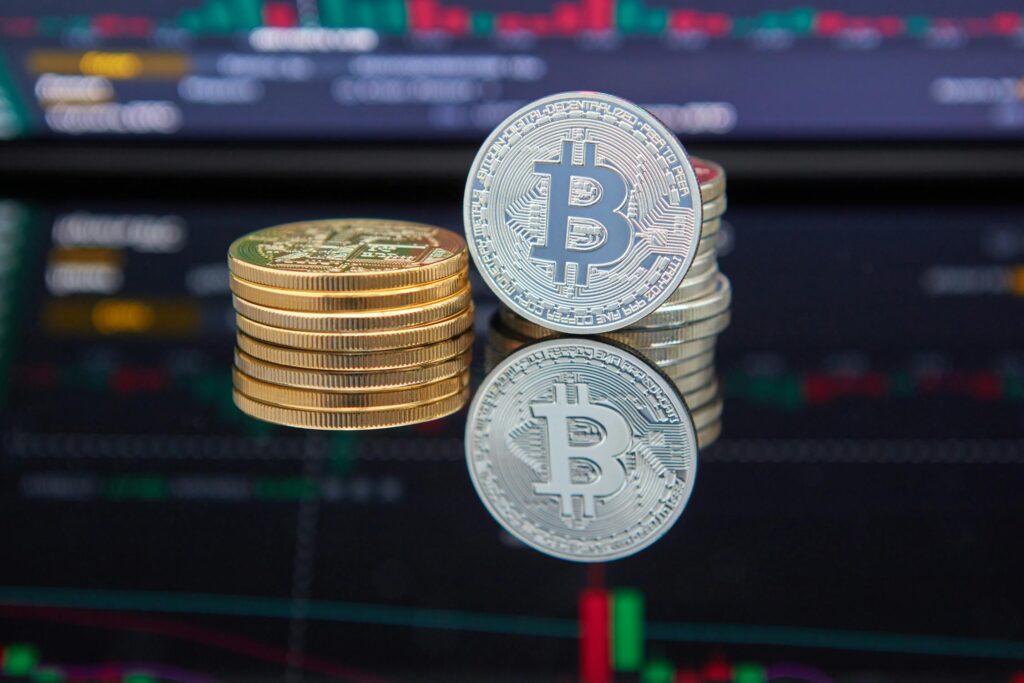This investment by Bitcoin miners into $3.6 billion infrastructure marks a major turning point in the cryptocurrency industry. The increasing demand for Bitcoin leads to an increasing need for sophisticated facilities and cutting-edge technology for mining operations. The size of the investment reflects miners’ confidence in the future of Bitcoin and the role that cryptocurrencies will play in the global economy. This article digs into the importance of this development, discussing how it is affecting mining efficiency, energy consumption, regulatory compliance, and the general acceptance of Bitcoin.

Improving Mining Efficiency
The biggest reason for this large investment is to improve mining efficiency. To continue to be profitable, miners have to use only the most advanced equipment available and work to optimize their operations. By investing in advanced data centers, cooling technologies, and much more efficient hardware, miners have a chance to reduce operational costs and increase their chances to successfully mine Bitcoin. Such investments ensure profitability but also provide for the integrity of the Bitcoin network by strengthening decentralization and security.

Energy Consumption Debates
Bitcoin mining has been sharply criticized for its environmental impact, especially due to energy consumption. The $3.6 billion investment is also focused on the adoption of renewable energy sources and improved energy efficiency. Essentially, many mining firms have placed operations in regions rich in renewable energy types, such as hydroelectric or solar power. This helps miners reduce their carbon footprint while aligning the industry with global sustainability goals. The only way the industry can move further by mitigating regulatory risks, by improvement in public perception, would be by addressing energy consumption issues.
Navigating Regulatory Challenges
The cryptocurrency industry lives through and with a rapidly evolving regulation space. Currently, around the world, governments scrutinize Bitcoin mining, driven by environmental concerns and also its potential implications on the aspect of financial stability. The investment in infrastructure enables miners to comply with the regulations by embracing more transparent and sustainable practices. For example, modern data centers equipped with monitoring technologies can provide real-time insights into energy usage and environmental impact. By addressing regulatory concerns proactively, miners can avoid potential legal challenges and create a more stable environment for their operations.

Promoting Global Bitcoin Adoption
Expansion of bitcoin mining infrastructure is also the factor that drives global adoption of cryptocurrencies. Such investments in Bitcoin mining infrastructure make the process more efficient and sustainable and increase the overall reliability and scalability of the Bitcoin network, thus boosting investor confidence and making businesses adopt Bitcoin as a payment method. Moreover, the development of mining facilities in different parts of the world helps democratize access to the Bitcoin network, and thus promotes its use in regions with limited financial infrastructure. As Bitcoin becomes more accessible and widely accepted, it has the potential to revolutionize global finance.
The Future of Bitcoin Mining
The $3.6 billion investment in mining infrastructure signifies a long-term commitment to the growth and sustainability of the Bitcoin network. However, challenges remain, including fluctuating Bitcoin prices, technological advancements, and geopolitical factors. Miners must continuously adapt to these changes by innovating and collaborating with stakeholders across the industry. As the sector matures, the focus will likely shift toward creating a more inclusive and environmentally friendly ecosystem. This transformation could set a precedent for other cryptocurrencies, highlighting the importance of responsible innovation in shaping the future of digital finance.
The Effect on the Bitcoin Mining Industry
1. Better Network Security
The increased infrastructure will make the Bitcoin network more secure and strong, reducing the risks of 51% attacks and network disruptions.
2. Trend Towards Sustainable Practices
An imperative that pushes renewable energy and more sustainable practices in mining can improve the sector’s brand value and attract more environmentally oriented investors.
3. Competitive Market Dynamics
The high investment cost of upgrading infrastructure for small-scale miners may increase centralization in the sector.
Challenges Facing Bitcoin Miners
Despite vast investments, the industry encounters challenges such as:
Increases in Energy Costs: Electric power costs are rising to impact profitability.
Regulatory Uncertainty: Governments globally are still debating the legality and regulation of Bitcoin mining.
Market Volatility: This means that Bitcoin price swings directly impact miners’ income.

Conclusion
The fact that major Bitcoin miners spend $3.6 billion on infrastructure shows that the industry is mature and has long-term vision. While there is still much to be improved, these investments will provide a more sustainable, efficient, and competitive Bitcoin mining landscape.
This investment in Bitcoin mining infrastructure, massive as it is, is a testament to the industry’s resilience and its determination to conquer obstacles. These developments, with the promise of efficiency improvement, addressing environmental concerns, and navigating regulatory hurdles and global adoption, can shape the cryptocurrency landscape. Though uncertainty prevails, this milestone is a positive indicator for the future of Bitcoin and the broader blockchain ecosystem. As miners continue to innovate and adapt, they not only strengthen the Bitcoin network but also contribute to the evolution of a more inclusive and sustainable global financial system.



